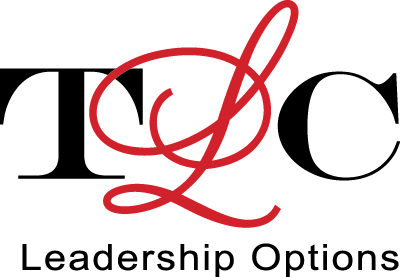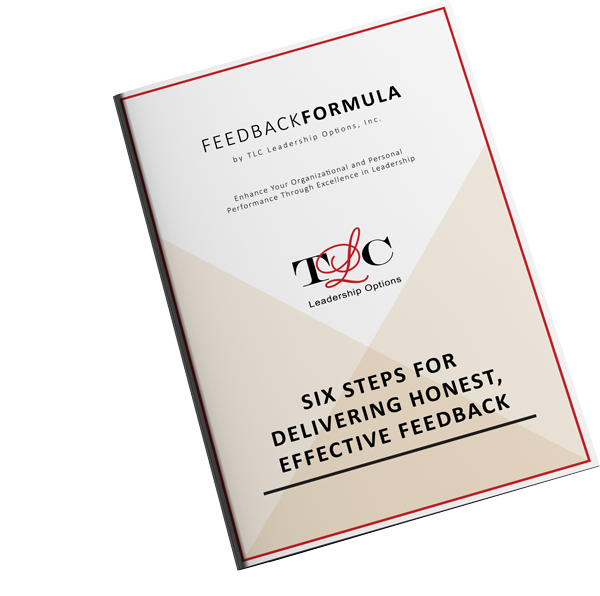hands-on learning experiences
Leadership Development Workshops
These programs are delivered on a gamified Learning Experience Platform created by Fulcrum Network, Inc. This methodology is time- and cost-effective for groups of from 15 to 25. It requires brief virtual, self-study work for 3-4 days, including online social community interaction with fellow participants. The self-study and online discussion are followed by a 90-120 minute live virtual session on the last day.
Virtual, Experiential Learning Series
Being Resilient In The Midst of Change, Growth and Uncertainty
Change is inevitable and necessary for growth. Many types of change, e.g., pandemic, merger, acquisition, downsizing, restructuring, or even simply new leadership, can cause pain and loss of productivity. Leaders need proven tools to help employees build a resiliency mindset and bounce forward after a transformational change. This program helps teams choose beliefs, thoughts and emotions that serve them more effectively. Leaders will learn how to recognize and navigate the emotional shifts that happen during change and to focus on well-being. This program is conducted through on-line experiential learning, with a final virtual group session.
Participants will:
- Understand the impacts of transformational change on individuals and teams.
- Identify the emotional stages of change and how to address them.
- Learn tools to build a resiliency mindset
- Review the six elements of well-being and why they are critical.
Virtual, Experiential Learning Series
Leading With Emotional Intelligence (EQ)
Emotional Intelligence (EQ) is widely recognized as a key factor in professional as well as personal success. A leader with EQ is someone who effectively manages their emotions. Such a leader listens, values input, knows when to push and when to coach, and knows when to lift you up. Research shows a strong correlation between success in life and at work and well-developed emotional intelligence. This on-line and virtual training course helps participants to identify the key responses and reactions that lead to better outcomes.
In the program the participants will:
- Build a clear understanding of the Emotional Intelligence Model
- Learn how mindset and emotions have an impact on decision-making
- Employ new approaches to addressing particular opportunities and situations
- Practice using tools and strategies in the moment to adjust an emotional mindset
Virtual, Experiential Learning Series
Having Difficult Conversations: Moving Past Conflict and to Conversation
Having Difficult Conversations is an experience-based virtual program to help leaders stop avoiding difficult conversations and learn to give effective feedback. Participants are enabled to assess situations in a non-judgmental way and lead conversations that create stronger bonds between team members and pave the way for improved communication.
Having Difficult Conversations equips your managers and leaders to:
- Stop avoiding and more effectively address difficult situations in a non-judgmental way
- Grow relationships to a new level of openness, honesty and understanding
- Improve communication and create stronger bonds between team members
- Leverage conflict for greater innovation
- Improve team performance and business results
Virtual, Experiential Learning Series
Awaken Unconscious Bias
Awaken Unconscious Bias is designed to help employees to understand their own biases, respond to others with respect and empathy and interrupt biases that are harmful.
This virtual, interactive, group learning experience, was created in response to the recent challenges facing our country and organizations.
Awaken Unconscious Bias enables your employees to:
- Understand the power of unconscious bias, and how it impacts decision-making
- Recognize situations that magnify bias with customers and coworkers in your industry
- Learn tools to communicate empathy and inclusion
- Become aware of societal norms that fuel national unrest and learn ways to bridge differences
- Commit to acting at a personal level using phrases and actions that interrupt bias

virtual, experiential learning series
Best Practices for leading Hybrid & Virtual teams
During the pandemic, companies launched head-first into establishing both hybrid and remote teams, with barely a backwards glance at the unique challenges that exist for both leaders and team members. In addition to the pandemic, technology, rising operational costs, and increasing globalization caused hybrid and remote teaming to increase 800% in the last five years alone.
Hybrid and remote team challenges can quickly derail results and create high levels of disengagement if not addressed. Understanding how to maintain team productivity, connectedness and engagement is a tall order for leaders. With the support of this program, managers and leaders will learn how to establish best practices, create agreements, build relationships and use communication tools that work!
In Best Practices for Leading Hybrid & Remote Teams, we’ll focus on the foundations for success for hybrid/virtual/ remote leaders so they can:
- Be clear about the differences between traditional and hybrid teams
- Understand what it takes to create a highly engaged and accountable team
- Develop regular and effective team communication methods that work
- Improve and build relationships with and among hybrid and remote team members
- Establish agreements with hybrid and remote workers and between team members to maintain team productivity and connectedness
Is your team ready? Let's find a time to schedule your workshop.
in-person learning series
Top Management team Effectiveness
This 2-day experience, based on Lencioni’s 5 Dysfunctions of a Team, is designed to improve top management team trust and collaboration. This workshop features individual assessments, a platform for the exchange of feedback and individual views, and skill-building in the areas of building trust, mastering conflict, achieving commitment, embracing accountability and focusing on results. Participants complete a self-assessment and some reading as pre-work. In addition to top management team optimization, this protocol is recommended for breaking down organizational silos and conflict situations among top executives.

